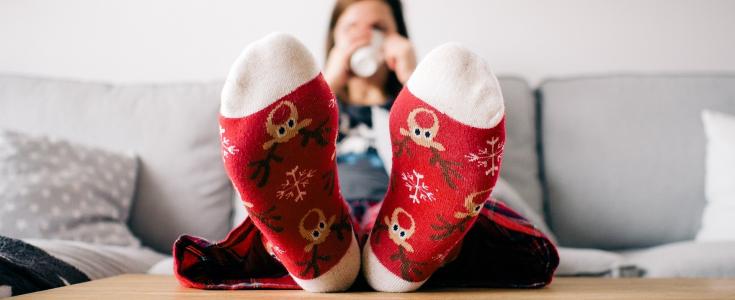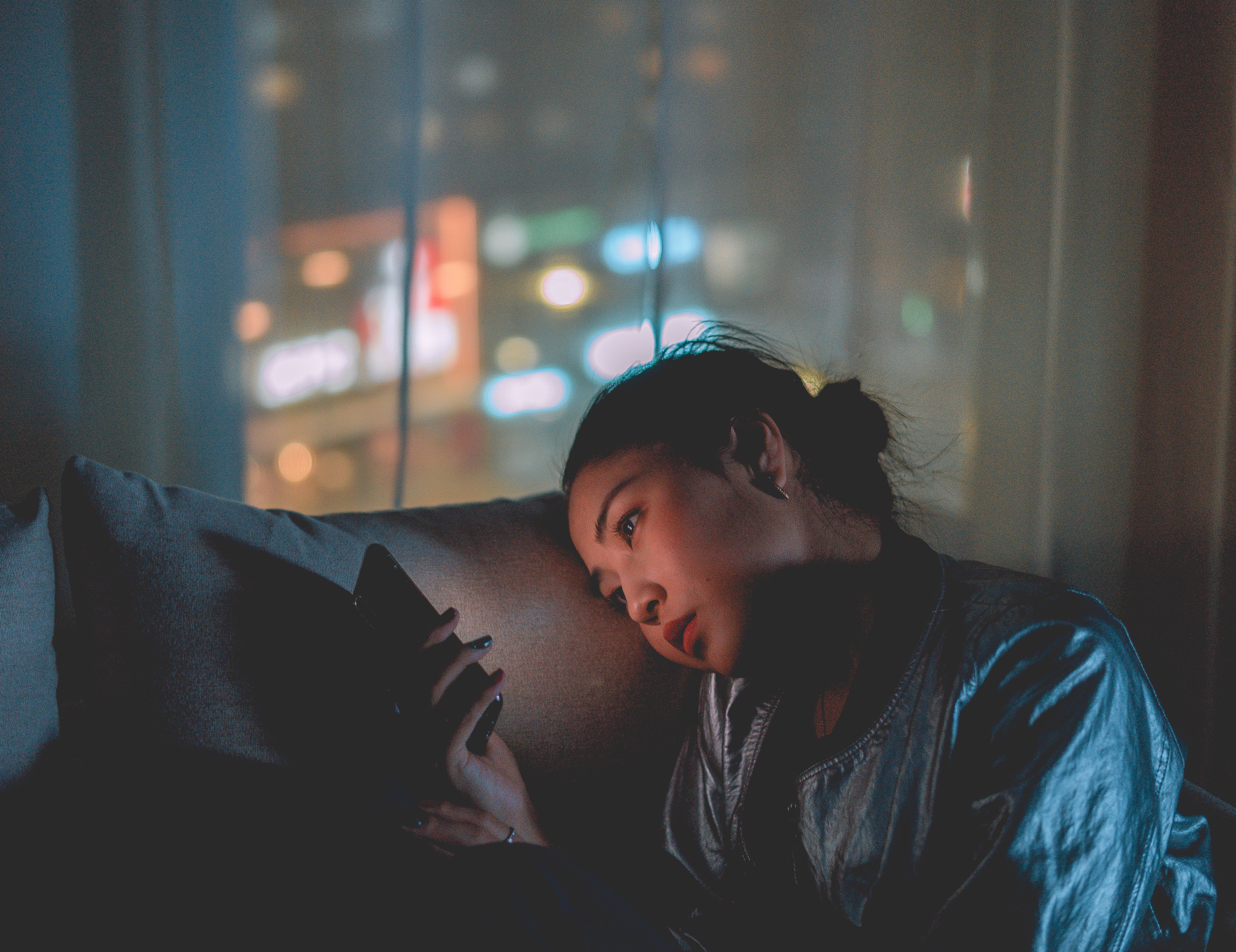What Causes Cold Chills After Eating When You Have An Eating Disorder?
According to recent estimates, at least 30 million men and women currently struggle with some form of eating disorder in the U.S. Contrary to popular belief, there are many different types of eating disorders, from anorexia nervosa and bulimia nervosa to pica and binge eating disorder.
Most eating disorders are characterized by distorted ideas of body image and an intense fear of gaining weight. Over time these toxic impulses may cause a person to deprive their body of food, pushing them to critically low body weight and increasing their risk of developing several life-threatening complications.
Prior to the development of more extreme side effects, people with eating disorders typically have to contend with a wide range of physical and psychological symptoms, including acne, hair loss, constipation, fatigue, depression, anemia, and post-meal chills. In this article, we’ll discuss the final entry on the preceding symptom list and explore the two main reasons why people with eating disorders might experience cold chills after eating.
Cold Chills Due to Body Weight
When the body is underweight, even slight disruptions in the metabolic system can cause significant fluctuations in temperature regulation. What’s more, people who are underweight typically have less physical insulation against the cold, further exacerbating any post-meal cold chills.
Another common characteristic of people with eating disorders is moderate to severe nutritional and caloric deprivation. If a person eats a meal during a period of low energy availability, the body’s digestive system may need to siphon energy resources from the thermoregulation system, potentially leading to cold chills and lethargy.
Cold Chills Due to Related Health Risks
As previously discussed, people with long-term eating disorders have a higher risk of developing secondary illnesses or health conditions. Unfortunately, many of these secondary health problems can also disrupt the body’s internal temperature regulation processes, causing both fever and cold chills. Some of the most common secondary explanations for post-meal cold chills among people with eating disorders are listed below:
- Autoimmune and non-autoimmune thyroid issues.
- Acute or chronic kidney disease.
- Anormal or imbalanced electrolyte levels.
- Pancreatitis.
Remember, eating disorders won’t always be what causes cold chills after a meal. In some cases, cold chills after eating could signify a serious yet unrelated health problem. To ensure you’re getting the treatment you need, we strongly encourage anyone suffering post-meal cold chills to reach out and consult with their doctor.
Sources: Gaudiani Clinic, WebMD
Photo: Pixabay
More Articles
More Articles
More Articles
There is currently no approved drug for anorexia nervosa, a common and occasionally fatal eating disorder. Research showed that low doses of a...
In the past, eating disorders were primarily considered to be behavior. This overly-simplistic misunderstanding of the issue only created more...
Sudden light-headedness can be a frightening experience for anyone, particularly if you are unsure of the cause. For many, experiencing occasional...
Maintaining a balanced diet not only keeps our body functioning at its best, it also keeps our skin, hair, and nails looking bright and healthy....
Researchers are closer to finding the genetic cause for binge eating and might be getting closer to an effective treatment. “Based upon our...
More Articles
More Articles
There is currently no approved drug for anorexia nervosa, a common and occasionally fatal eating disorder. Research showed that low doses of a...
In the past, eating disorders were primarily considered to be behavior. This overly-simplistic misunderstanding of the issue only created more...
Sudden light-headedness can be a frightening experience for anyone, particularly if you are unsure of the cause. For many, experiencing occasional...
Maintaining a balanced diet not only keeps our body functioning at its best, it also keeps our skin, hair, and nails looking bright and healthy....
Researchers are closer to finding the genetic cause for binge eating and might be getting closer to an effective treatment. “Based upon our...
When a person begins recovery treatment for anorexia nervosa, they may need to initiate a process known as refeeding. The refeeding process is a...
When a baby is in utero, they develop fine white hairs all over their body. These are known as lanugo hairs and they protect the baby’s skin from...
A new study published in the journal Pediatrics found more than 90 percent of patients with eating disorders not specifically defined (EDNOS) in...
Eating disorders might be hard to talk about, or even to admit to yourself. If you know, or if you even suspect, you have an eating disorder,...
If you suspect your child has an eating disorder, you may feel overwhelmed. There are a few things you should know upfront.
First and...
Eating disorders don't discriminate. They don't care if you're rich or poor, they don't care about your color or gender, and they don't care if...
In the U.S., an estimated one in 200 people develop an eating disorder. That is a startling number, but another number is even more alarming: one...
A lot of what people know about eating disorders comes from "common knowledge." Unfortunately, common knowledge isn't always correct, or it may...
Anorexia is a serious eating disorder that is characterized by an intense fear of gaining weight. In many cases, people suffering from this...
Most people find holidays stressful, but the thought of facing holidays can be overwhelming for a person with an eating disorder. If a special day...
































